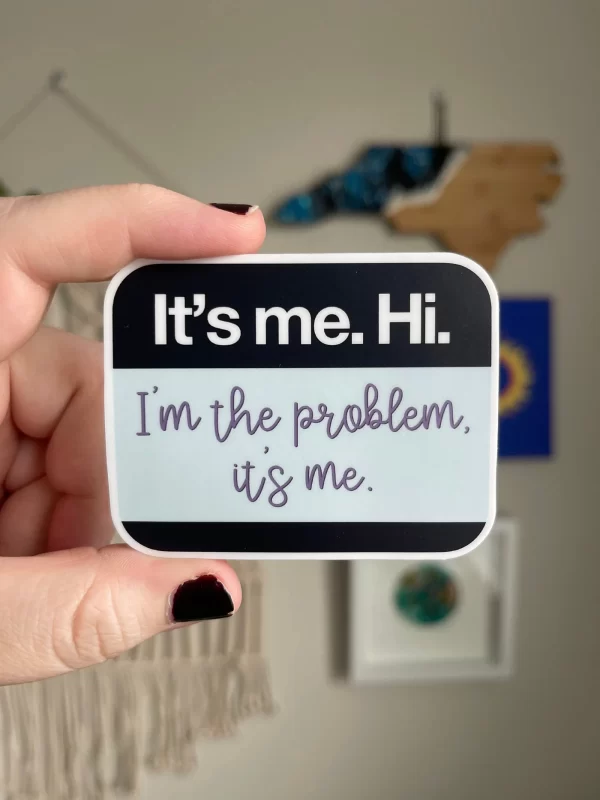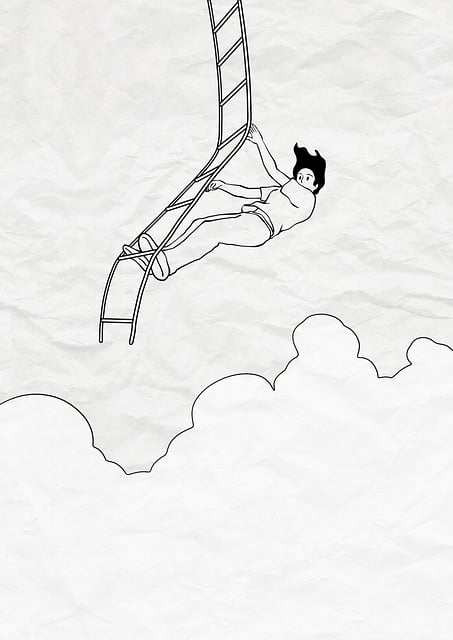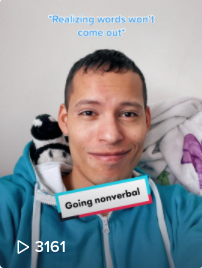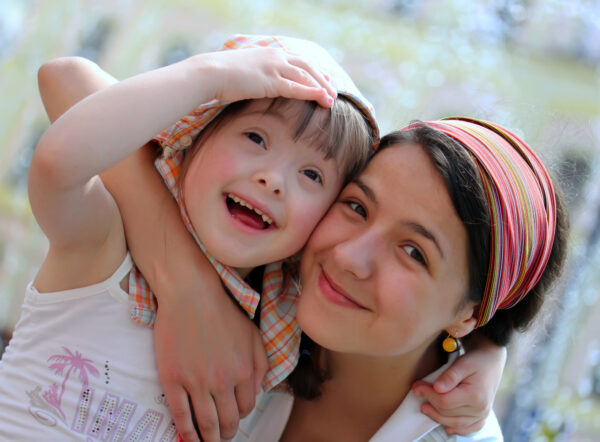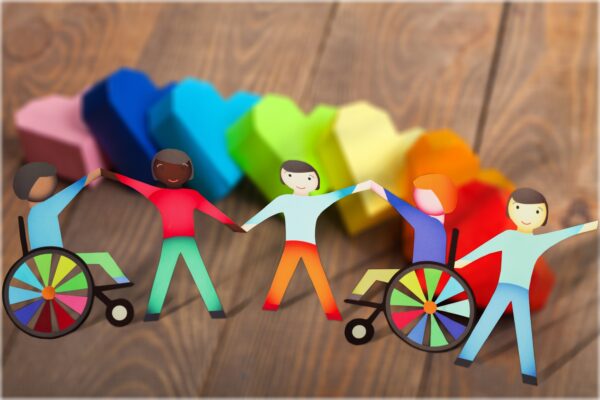In another post, I wrote about the euphemism treadmill – when it comes to anti-supports, it often feels like we are stuck on the disability supports treadmill. A lot of walking but you never get anywhere. We’re all on this merry-go-round trying to reach the end of the rainbow where we can finally find the […]
Anti-supports: Help that Isn’t Helpful
“There are a lot of organizations to help with that” a friend might say if you mention a problem you’re experiencing related to your disabled child. Maybe the school isn’t providing the services they they should. A doctor’s office won’t make reasonable accommodations to allow your child to receive the care that they need. Your […]
Semiverbal Person Explains Going Nonverbal
This video is amazing. A friend shared this today and I’m glad she did because as a parent of a “nonverbal” i.e. nonspeaking, no wait preverbal (okay we all get the point that I’m still working out which term is best here!) kiddo, it means so much to see this explained from someone with a […]
Stop Saying “Special Needs”
It’s Time to Get Off the Euphemism Treadmill People do not realise the extent to which their attitudes have been conditioned since early childhood by the power of words… Negative language inflicts the subconscious of most people from the time they first learn to speak. Prejudice is not merely imparted or superimposed. It is metabolised […]
Say Disabled, The Poem
Disabled. People say 16,000 words a day But one word no one wants to say: disabled. Cripped Crip Gimp Gump Differently- Abled Special Stumpy Slow Retard Crazy Sick Lame Stricken Sufferer Afflicted Low functioning High functioning Pathetic Brave Needy Helpless Hopeless Must be saved Shouldn’t be doing that Why aren’t they doing more? Lazy Lonely […]
Welcome to Holland
There’s nothing I hate more than the patronizing “God gives special children to special moms” trope. But this is a new one I saw in my daughter’s disability group today: the greater the storm the brighter the rainbow. It was positioned at the end of an article to moms of kids who are newly diagnosed, […]

